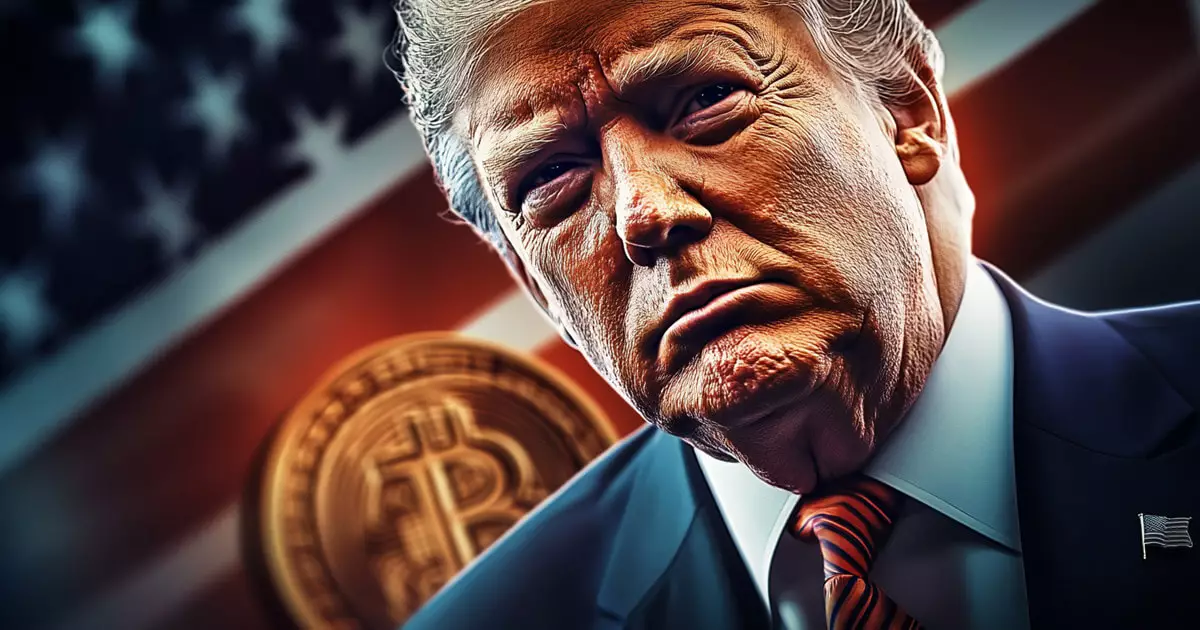Francois Villeroy de Galhau, the esteemed governor of the Banque de France and a prominent member of the European Central Bank’s Governing Council, offers a stark warning that resonates deeply within the scope of global finance. His assertion that the U.S. may inadvertently be preparing for its next financial crisis through the endorsement of cryptocurrencies cannot be dismissed lightly. In a world already fraught with economic uncertainty, burying our heads in the sand when it comes to the volatile nature of digital assets is a reckless approach to policy-making.
The History of American Economic Crises
A glance back at history reveals an unsettling pattern: significant financial crises often emanate from the United States, rippling outward to tremble economies around the globe. The Great Depression, the Oil Price Shock of 1973, and the Great Recession of 2008 underscore the notion that what happens in America doesn’t just stay in America—it has profound international consequences. By embracing cryptocurrencies, the current administration appears to be repeating history, potentially sowing seeds of chaos that could not only disrupt domestic stability but also trigger widespread global repercussions.
Regulation: The Missing Piece
Villeroy de Galhau’s emphasis on the need for regulation illuminates a crucial gap in the current discussion surrounding non-bank finance and crypto-assets. It is alarming that confidence in these unregulated digital avenues is being used as a trump card for innovation. However, without a solid regulatory framework, we are essentially leaving the financial system to the whims of unverified market forces. Trump’s policies reflect a complacency that is startling; it hints at an ideology that believes non-regulated finance will self-correct. History suggests otherwise and ignoring this reality could be a fatal miscalculation.
A Shift in American Financial Strategy
Under Trump’s administration, there has been a glaring shift toward leniency with digital assets, highlighted by the Securities and Exchange Commission (SEC) dropping significant legal actions against major crypto exchanges like Coinbase. This pivot not only raises eyebrows but also stirs concerns regarding ethical governance and responsibility in financial policy. To create a crypto strategic reserve, wherein the U.S. stockpiles currencies like Bitcoin and Ethereum, is not merely experimental; it risks entrenching the nation further into a speculative bubble where traditional economic principles are discarded.
The Global Reaction and Internal Critique
The apprehension expressed by Villeroy de Galhau is echoed by other influential figures, including Joachim Nagel, head of Germany’s central bank, who describes the current economic management as a “horror show.” Their critical perspectives illuminate a growing consensus among global economic stewards that Trump’s approach to cryptocurrencies is fraught with peril. Their insights compel American policymakers to reassess an aggressive stance that could lead not only to national instability but also jeopardize international relationships and economies.
Despite claims that cryptocurrencies could foster innovation, embracing them without caution is a perilous strategy that could backfire spectacularly. As the U.S. government navigates these turbulent waters, a more measured and historically informed approach to digital finance—one grounded in regulation rather than reckless speculation—is paramount for ensuring a stable economic future.
















Leave a Reply